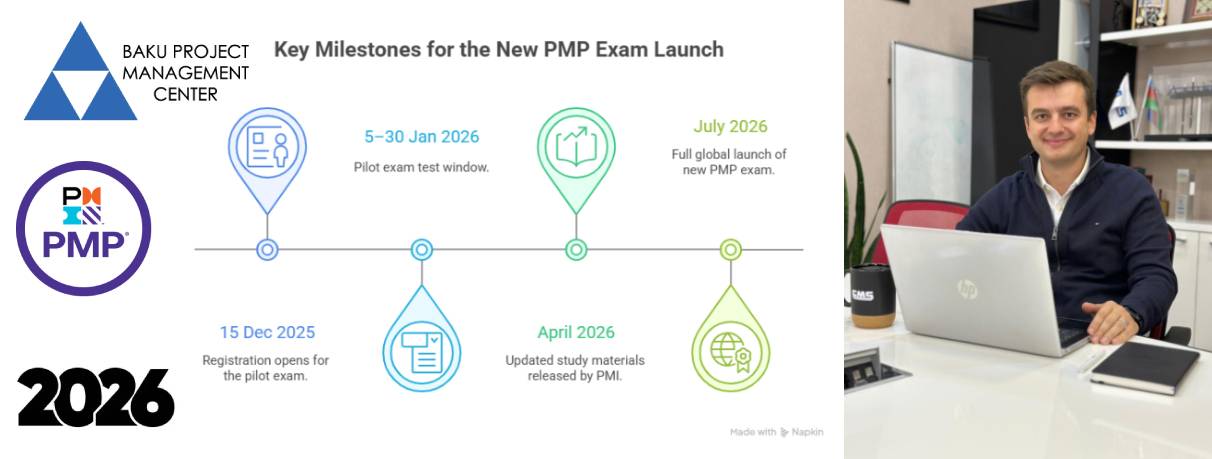“Life is 10% what happens to you and 90% how you react to it.” Charles R Swindoll
Project failure can happen in any organization and to any project. There are an infinite number of reasons for failure. Sometimes it is out of the control of a project manager and/or the team members. Sometimes failure is controllable. Failed projects and people involved with the failure have some things in common. In both cases, they are given prescriptions for “quick fixes” which typically prove to be ineffective and can sometimes produce disastrous side effects.
#1 – Scope Creep
According to The State of Project Management Annual Survey 2016 conducted by Wellingtone, more than 34% projects have no baseline. Geneca survey revealed that only 55% of project managers are clear about the business objectives of their projects. Due to scope creep, more than 75% of IT managers think that their projects are doomed from the start. Scope is everything that you are going to do and conversely, not going to do. Therefore, once you have figured out exactly what the project work is, usually via a Work Breakdown Structure, you need to freeze it and zealously guard against unplanned changes to it. So planned changes via a change control board are ok, since then the PM can issue a new schedule, risk and budget plan as needed. Otherwise, you will surely miss your target and make both the management and customer unhappy.
#2 – Over allocated Resources
Often there are too few resources working on too many projects at the same time. In conjunction with that, managers do not seem to have a grip on what their resources are doing all the time. Team members are left to figure out for themselves what projects they should be working on and when. Better is for managers to meet weekly to discuss resource usage perhaps using a spreadsheet to track.
#3 – Poor Communications
Many people on a project will know the project manager only through his or her communications. And they will know them by how their voice comes across over the phone or especially by how well-written their emails are. If the project manager is not a clear unambiguous communicator, chaos and confusion will ensue.
#4 –Bad Stakeholder Management
Stakeholders have a stake in the project for the good or sometimes to the detriment of the project. It is the project manager’s job to not only identify all stakeholders, but also know how to manage and communicate with them in a timely fashion. A communication management plan helps here.
#5 – Unreliable Estimates
Estimates are very often just guesstimates by team members who are trying to calculate duration of tasks based on how long it took them last time. This may turn out to be very accurate or may be completely wrong. Moreover, if wrong, leads to a flawed schedule and increased risk. Historical records kept between projects helps solve this.
#6 – No Risk Management
Every project is unique and hence, has uncertainty. When we try to qualify and quantify that uncertainty, we call it risk. It is incumbent upon the project manager to proactively anticipate things that might go wrong. Once he has identified risks, then he and the team can decide on how to respond to (e.g., mitigate, avoid) those specific risks should they occur.
#7 – Unsupported Project Culture
I was once asked to consult for a company and discovered that an untrained secretary using 20 Excel spreadsheets was handling a complex project. In this case, management clearly did not fully understand what it took to manage a project in either tools or using trained personnel. This is not easily solvable because it requires education of management and a cultural shift.
#8 – The Accidental Project Manager
This is similar to but not the same as the unsupported project culture. In this instance, what typically happens is that a technical person (software developer, chemist, etc.) succeeds at the job. Based on that, is promoted to project manager and is asked to manage the types of projects they just came from. The problem is they often do not get training in project management and may well lack the social skills the job calls for. Therefore, they flounder and often fail despite previous successes.
#9 – Lack of Team Planning Sessions
There is no more effective way to kick off a meeting than to have the entire team come together for a planning session. This enables everyone to not only work together on project artifacts (schedule, WBS) but also to bond as a team and buy into the project.
#10 – Monitoring and Controlling
Many project managers will create a schedule and never (or rarely) update it. Alternatively, if they do, they will just fill in percent done, which an arbitrary number is often picked out of the air by the team member. Better if they record actuals such as date started, work accomplished and estimate of remaining work.
https://blog.taskque.com/why-projects-fail/ https://project-management.com/top-10-reasons-why-projects-fail/ https://www.pmi.org/learning/library/seven-causes-project-failure-initiate-recovery-7195 | |
|
|
|




